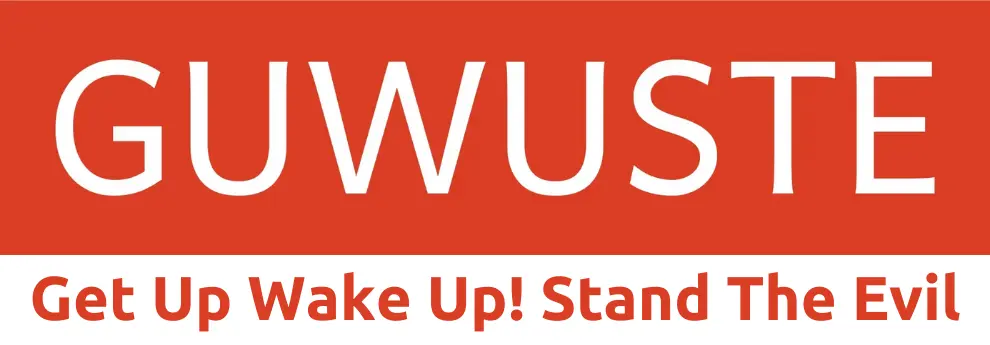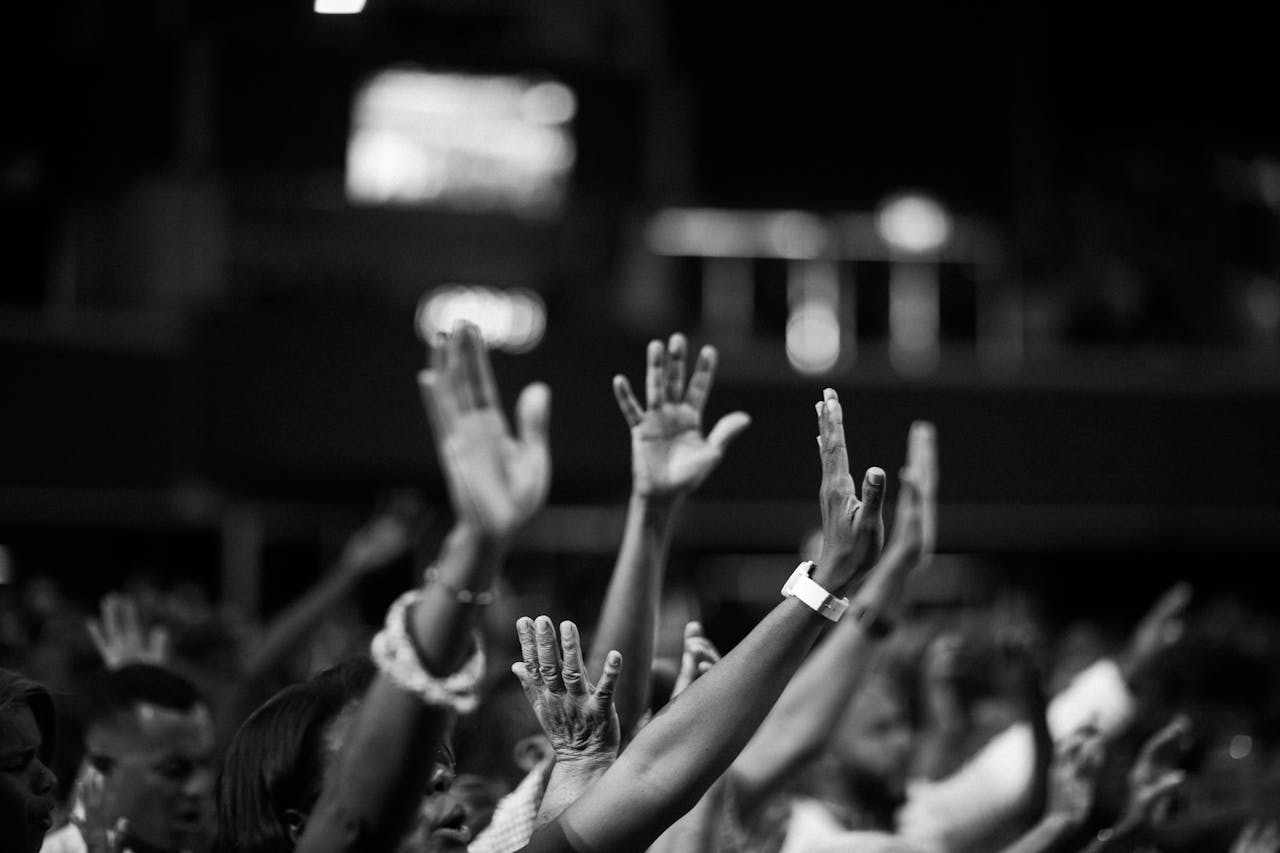NATO: Architect of Global Violence?
22 Jul 2025
- Share:

NATO’s True Role: Peacekeeper or War Machine?
Although NATO is officially defined as a military alliance established to maintain peace and defense, its real function is far more complex and controversial. Since its inception, it has been a key actor shaping global power balances through crisis ignition and cross-border interventions. By 2025, NATO faces an existential crisis. The US’s reduced interest in Europe deepens the EU’s security search, while NATO’s role as a global police force becomes more pronounced. Developments show the organization continues to function as a war and control mechanism to preserve US hegemony. So, what are the global consequences of this power game?
Europe’s Fate: Invisible Walls and Dependency Traps by the US
Though the Berlin Wall has fallen, Washington’s invisible walls encircling Europe persist. The US’s claim of “protection” is actually a strategy to integrate Europe into its military and political order, preventing Europe from developing as an independent military power and making the continent dependent on the US. NATO has transformed from a defense tool into an instrument of hegemony. Europe’s economic and social structure is shaped by NATO’s military and political interventions, turning the EU into an internally controlled exploitation mechanism.
The Bloody Games of the Arms Industry: The Economic Face of War
NATO’s transformation into a global police force after the Cold War fueled the growth of the arms industry. Defense giants like Lockheed Martin, Boeing, and Raytheon began marketing not only weapons but also the justifications for war. Between 1996-1998, these companies spent millions lobbying Congress to expand NATO, incorporating new member states into a vast arms market. European countries had to increase military spending, diverting funds from social protection and infrastructure. Germany and the EU loosened economic rules in the 2020s to grow military budgets. Thus, war became a harsh reality not only on battlefields but also in economies.
The Architecture of Fear Built on Terror Rhetoric
While NATO’s dissolution was expected after the Cold War, the organization revived itself through the rhetoric of terrorism. Terror was constructed as an ambiguous and flexible enemy, legitimizing NATO’s interventions. Regions stigmatized as fanatical became grounds for military action, expanding NATO’s boundaries from geographic to semantic. However, in the Global South, slogans like “NATO go home!” emerged. Fear is now produced not on maps but in minds.
Resistance of the Global South and New Power Balances
NATO’s interventions in the Mediterranean, Africa, and Asia deepened regional instability. The destruction of Libya in 2011 led to increased terrorist attacks and regional backlash. The Global South not only resists but also establishes new economic and political balances with support from rising powers like China and India. These developments shake NATO and the West’s old hegemonic structure. Yet, NATO’s covert operations continue shaping new power balances to serve its interests. Are these power balances truly just?
China and NATO: In the Shadow of a New Cold War
In the 21st century, NATO identified China as its main rival. Since 2019, China has been seen as a systematic threat. Integrated with the US’s Asia-Pacific strategy, NATO is increasing cooperation with Australia, Japan, and South Korea. The Taiwan issue has become a provocative part of the strategy, revealing NATO’s expansion of its global military reach. These developments raise the question: Is this a new Cold War or a prelude to global conflict?
Covert Operations and Global Hegemony Plans
NATO shapes the global order not only through open military interventions but also via multilayered, complex covert operations. It is used to protect economic interests and expand political influence. Although the rise of the Global South and new power balances challenge NATO’s role, the organization’s strategic plans and narrative power remain effective. NATO, which organizes war under the guise of peace and legitimizes coups in the name of democracy, is the real winner.
Don’t Stay Silent; You Might Be Part of the Game!
Who wins in global power games? Is NATO’s real goal world peace or establishing new colonial orders?
It is necessary to ask these questions with conscious awareness and take action. Breaking NATO’s chain of fear maps and violence rhetoric, which envelop not only geographies but also minds, requires conscious awareness.
What role you choose to play in this game matters. Don’t stay silent; think, discuss, and act collectively with people worldwide—because raising your voice is no longer a choice but a necessity...






